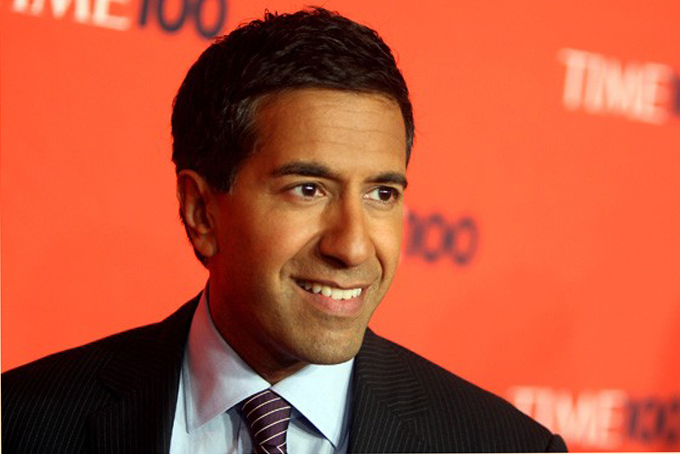
(CNN) — I have an uncle who has always been a robust and healthy guy. He drank a glass of skim milk every day, bragged about how many pull-ups he was doing and fit into pants he was wearing 20 years before. He didn’t take a single medication and retired early.
Given that he had no medical problems and ran his own business, he opted to go several years without health insurance. Eventually, when he turned 65, he picked up Medicare.
What happened next was a little strange. He fell off the wagon. He exercised only sporadically, and paid hardly any attention to what he was eating. One day, I saw him eat an entire bag of potato chips. He bemoaned the fact that he was forced to buy new, bigger pants, and he stopped drinking his milk. For him, becoming newly insured had nearly the opposite effect on him of what we doctors hope to achieve. He’d become unhealthier.
In many ways, my uncle was demonstrating a concept known as the moral hazard. Two economists wrote about this exact scenario in 2006
They found that many men, at the time they obtained Medicare, started behaving badly. Moral, or morale, hazard is a term largely used by economists to describe the actions of people more willing to take risks because they are insulated from the cost of their actions, in this case because of their recently obtained health insurance.
In the case of these men, when they got Medicare, they took worse care of themselves; they actually exercised less. Among those who didn’t visit the doctor after getting insurance, the effect was dramatic: Their overall physical activity dropped by 40%; they were 16% more likely to smoke cigarettes and 32% more likely to drink alcohol.
Even if that seems extreme, it’s still worth asking: Does health insurance make us healthier?